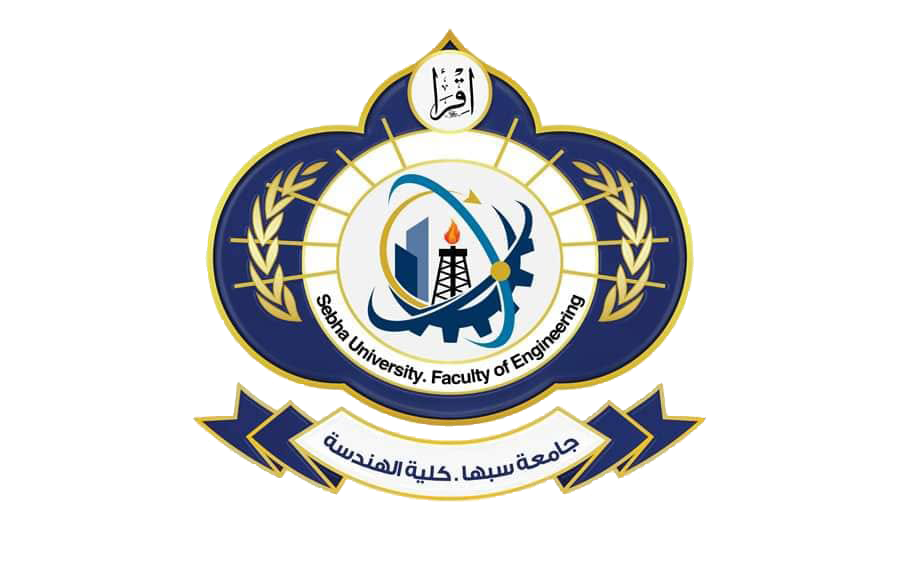This module aims to develop an understanding of the basics of sand casting of metals. It will
improve awareness of the importance of the types of sand casting in industry. The module
also focuses on recognizing the advantages and disadvantages of sand casting techniques
as well as establishing the relationship between sand casting and other metal shaping
techniques. In the practical part of this module, there will be a casting practice of low melting
point metals to produce products of different shapes.
Students should be able to know all elements of sand casting techniques.
- Students should be able to recognize how to mix sand, binders and additives to produce
casting molds used for metals casting operations.
- Students should be able to be familiar with the properties of types of sands and types of
molds and distinguish the different between them.
- Students should be aware of the importance of different factors that affect metal casting
operations such as Pouring, Fluidity, Risers, Shrinkage and Other Defects etc.
- Students should know the different types of casting defects such as porosity, metal
projections, discontinuities etc. and how to control them.
Students should be able to know all elements of sand casting techniques.
- Students should be able to recognize how to mix sand, binders and additives to produce
casting molds used for metals casting operations.
- Students should be able to be familiar with the properties of types of sands and types of
molds and distinguish the different between them.
- Students should be aware of the importance of different factors that affect metal casting
operations such as Pouring, Fluidity, Risers, Shrinkage and Other Defects etc.
- Students should know the different types of casting defects such as porosity, metal
projections, discontinuities etc. and how to control them.
Written First Midterm Exam to assess knowledge and understanding of students which
account a total of 15 marks.
Written Second Midterm Exam with total of 20 marks.
Attendance and participation of student in the class discussions with total of 5 marks.
Final Exam consists of written and practical work to assess practical skills with total of
60 marks.
Total Marks for this course 100 marks.







 Users Today : 99
Users Today : 99 Users Yesterday : 373
Users Yesterday : 373 This Month : 7681
This Month : 7681 This Year : 7681
This Year : 7681 Total Users : 335782
Total Users : 335782 Views Today : 567
Views Today : 567 Total views : 1422979
Total views : 1422979 Who's Online : 2
Who's Online : 2